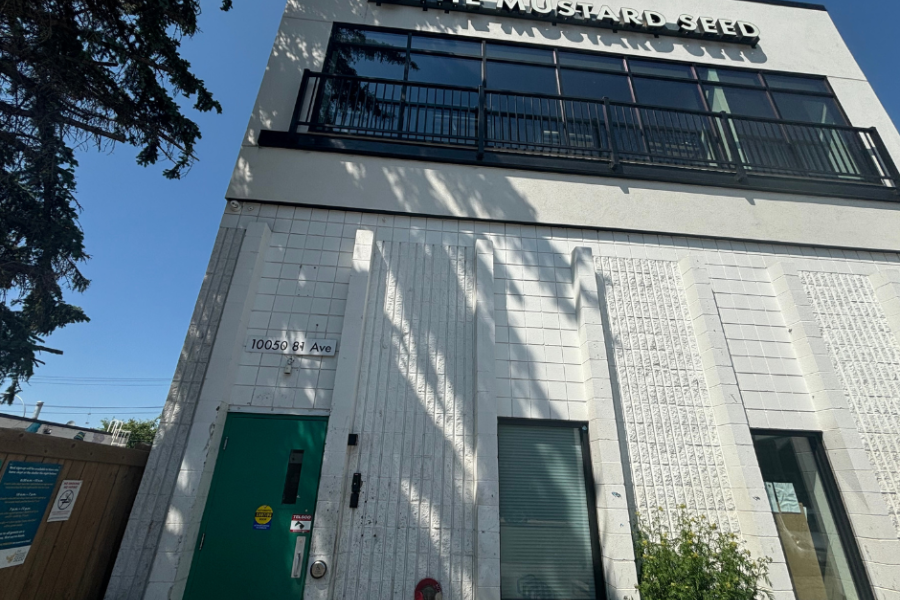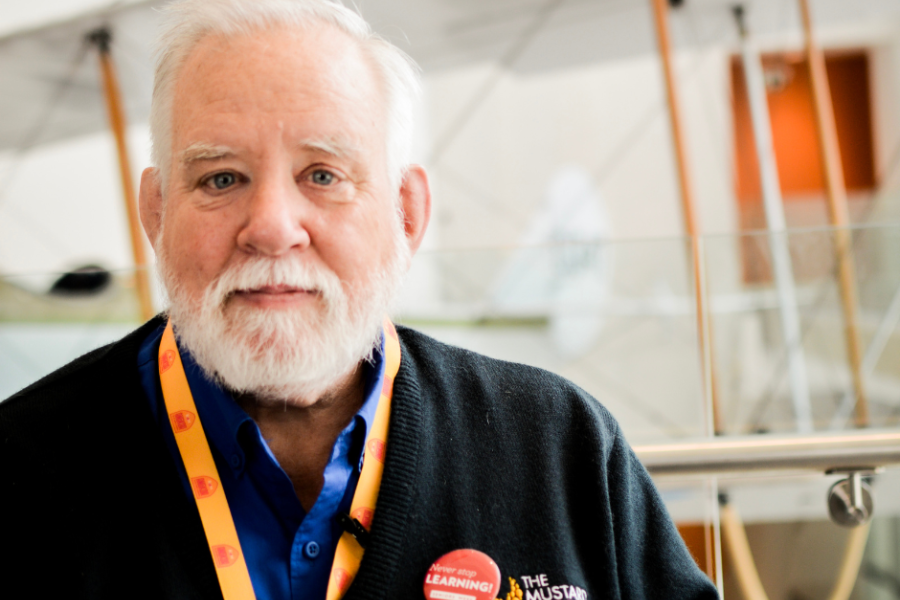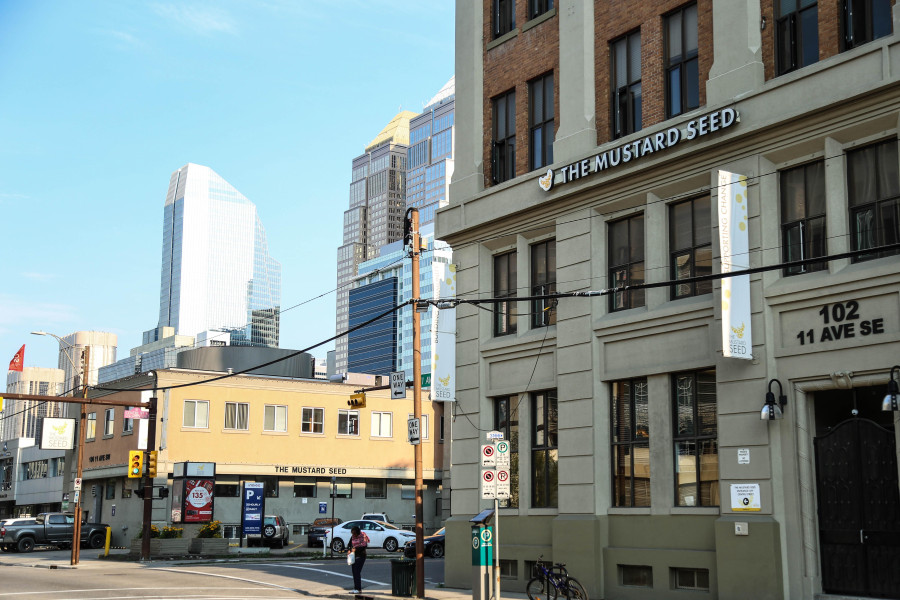Finding safe, stable, and affordable housing is a major challenge for people experiencing homelessness and extreme poverty. That is why The Mustard Seed offers Housing Support Programs which allow us to immediately help people from all walks of life and connects those in need to housing and community supports.
One of the ways we do this is through Westwood Manor, which is a permanent, 20-unit supportive housing site operated by The Mustard Seed.
“We work with residents who have a history of chronic homelessness, as well as a variety of other complex barriers including mental health, addictions, trauma, and physical ailments,” says Stephanie, the Supportive Housing Supervisor at Westwood Manor.
“We help clients by providing stable housing and offering a variety of services to residents in order to support and foster personal growth while maintaining stable tenancy. Westwood Manor is considered time unlimited housing, meaning residents who maintain stable housing are able to reside here for an unlimited period of time. By providing stable housing, residents have the opportunity to work with WWM staff and other social connections to focus on other barriers in their lives and not just where they’ll sleep that night.”
With staff available onsite 24/7, residents are able to access a variety of vital services and wrap around supports. According to Stephanie, these include (but are not limited to): “medication assistance, personal skills development, harm reduction, personal administration supports, referrals and advocacy to other social services including mental health, treatment and homecare. [Staff] also provide a variety of programming to encourage positive social interactions and bring joy and aid in their process of wellness and recovery (bingo, dinner club, gardening, arts and crafts).”
For those who are experiencing homelessness, having access to housing and supports at a site like Westwood Manor can be life changing. Without supportive housing sites, those in need may never be able to find safe, stable housing.
But a lack of supportive housing doesn’t just impact those in need, as Stephanie notes it “…affects neighbourhoods, communities and society as a whole. Individuals who are chronically homeless with complex needs tend to access emergency services on a frequent basis, which can affect other members of our society's ability to gain access to these services when needed. Supportive housing provides a vital protective factor to those with high acuity as it aids them in gaining access to wrap around supports that reduce the frequency that emergency services are used and promotes a more holistic way of living and integrating them back into society in a positive way.”
Thanks to the continuous support from staff, residents are not only able to maintain stable housing, but they have hope for a new beginning.
“Case management is a vital protective factor that applies best practice to optimize the well-being of our residents. Since our residents have complex barriers, providing staff support assists them to work on the overall betterment of their health including mental, physical, social and emotional well-being.”



